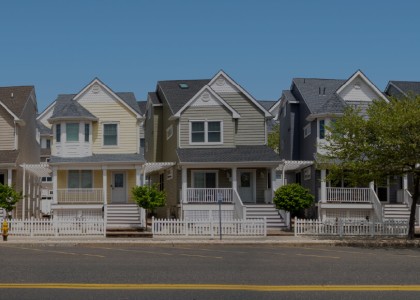Why do some people take action to reduce their energy consumption and carbon footprints while others do not? Environmental psychologists, behavioral economists and other social scientists have all investigated this question, and come up with a variety of answers. A new report, sponsored by the Pacific Institute for Climate Solutions and co-authored by ACEEE, explains the psychology of individual energy efficiency actions, and how large scale behavior change programs can use this research to reduce greenhouse gas emissions.
Theories of change
One of the theories examined in the report is the theory of planned behavior, which suggests that people are influenced by how they think about their behavior. Will taking this action be good, or will doing it makes me feel happy? Are other people doing it? How easy is it to do? According to this theory, programs that target attitudes, perceived social norms, or perceived difficulty of the behavior, may successfully change behavior.
Real world application
Based on these theories, utilities and policymakers have created programs that motivate behavior change to reduce energy consumption, increase efficiency, and mitigate climate change. Strategies such as providing feedback to customers, recruiting champions of change to promote energy efficiency, or introducing a competition are three of the more common strategies. These and others are often combined to maximize the effectiveness of the program and create a lasting change that can significantly reduce energy consumption and greenhouse gas emissions.
Behavior change is only part of the solution
States, utilities, and businesses interested in promoting energy efficiency or climate action don’t have to wait for top-down policies at the federal level to begin. This report is a concise resource for anyone interested in implementing a behavior change program. However, if we are going to make the changes necessary to really tackle climate change, psychology-based behavior change programs are only part of the solution; they work best when combined with traditional incentives, policies, and laws.




